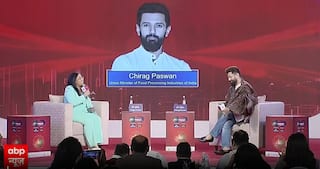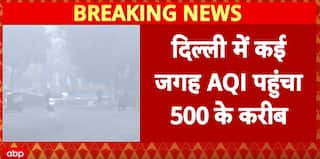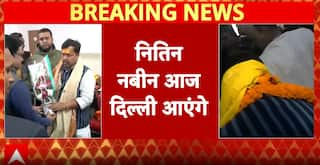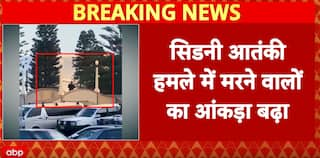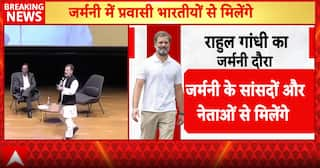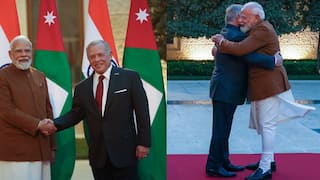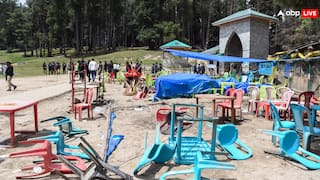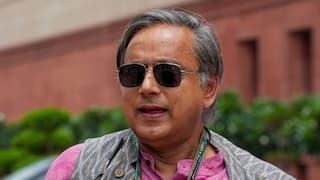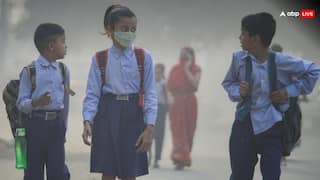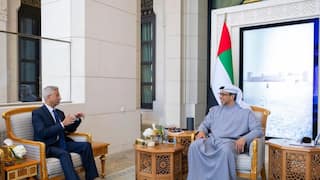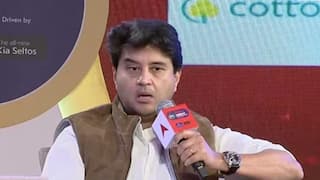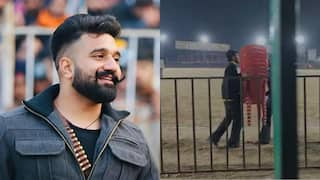'Defamatory Claims Made Against Me': Rahul Gandhi Seeks Speaker's Nod To Respond In Parliament
Rahul Gandhi said that he has the right to respond in Parliament to the "totally baseless" and "unfair charges" levelled against him by senior ministers in the Lok Sabha over his recent remarks.

Under fire for his remarks about Indian democracy in London, Congress MP Rahul Gandhi has written to the Lok Sabha Speaker again, demanding permission to react to "totally baseless and unfair charges" levelled at him by senior Ministers in the Lok Sabha.
Gandhi invoked Rule 357, which allows for "personal explanations," in a letter to Lok Sabha Speaker Om Birla, and highlighted the precedent of BJP MP and then-minister Ravi Shankar Prasad, who called the Rule to explain comments made by Jyotiraditya Scindia in relation to him in Parliament.
"I am making such a request again. I am seeking this permission in accordance with Parliamentary conventions, the constitutionally imbedded rules of natural justice, and Rule 357 of the Rules of Procedure and Conduct of Business in Lok Sabha," he said in his letter to the Speaker.
"A member may, with the permission of the Speaker, make a personal explanation even though there is no question before the House," Gandhi said, citing Rule 357. "In this case, no debatable matter may be brought forward, and no debate shall arise." Members of the ruling regime, according to the Congress leader, have made "scurrilous and defamatory claims against me" both inside and outside of Parliament. "As a result of these allegations and the rules invoked by these individuals, it is only appropriate that you kindly allow me a right to reply as provided for in Rule 357, which allows for 'personal explanations'," he said.
He also asserted that several examples are available on the Lok Sabha Digital Library demonstrating that this right is not limited to reacting to statements made in Parliament but also extends to allegations made in the public domain.
"Finally, Parliament, like any other institution, is bound by the Natural Justice Rules enshrined in our Constitution's Articles 14 and 21. They protect against administrative arbitrariness and ensure that everyone has the right to be heard in a matter that concerns them," it said.
"You must agree that Parliament, like all other institutions, cannot abdicate its responsibility to protect this right when it does not suit the ruling regime," the letter said.
"I hope the above answers your question and that you will grant me the right to respond in the Lok Sabha as soon as possible," Gandhi told the Speaker, adding that he will be in Karnataka and Kerala on March 20 and 21.
Gandhi's remarks on democracy sparked a massive political backlash, with the BJP accusing him of maligning India on foreign soil and seeking foreign intervention, and the Congress responding by citing instances of Prime Minister Narendra Modi raising internal politics abroad.
Gandhi recently claimed during interactions in the United Kingdom that the structures of Indian democracy are under attack and that there is a "full-scale assault" on the country's institutions.
The Congress has stated that Gandhi wishes to address the Lok Sabha in order to clarify his remarks.
The BJP accuses the Congress leader of seeking foreign intervention and has shut down both houses of Parliament in order to demand an apology from him. Due to the impasse during the second part of Parliament's Budget session, which began on March 13, neither the Lok Sabha nor the Rajya Sabha has been able to conduct any significant business.










